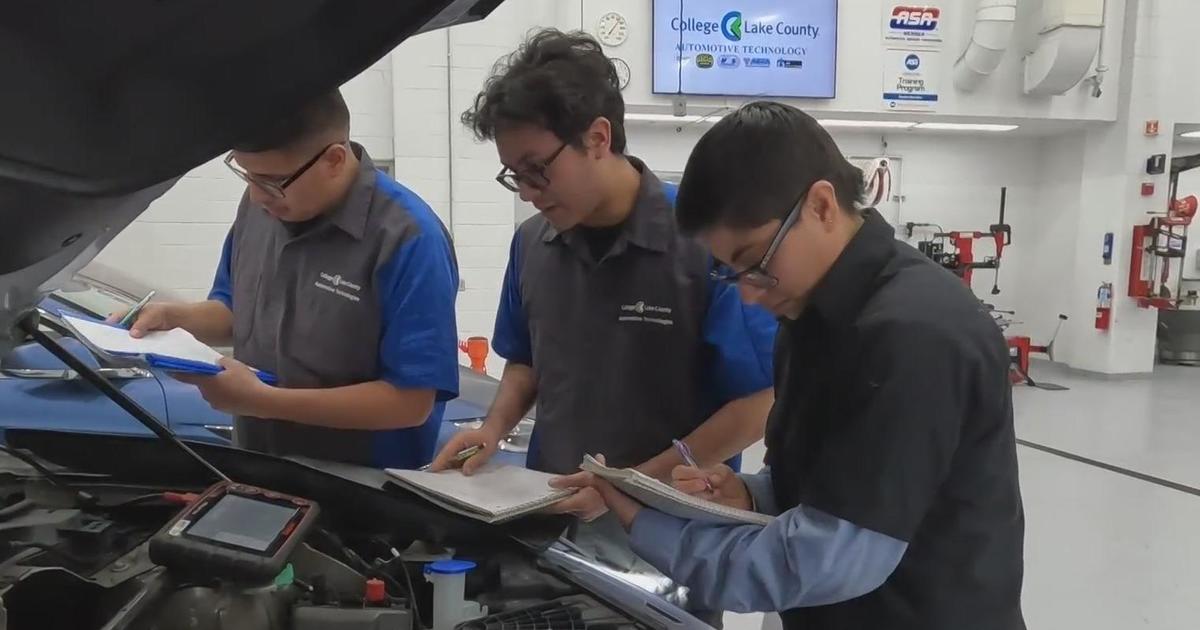As Juno Probes Jupiter, Earthlings May Learn More About Themselves
CHICAGO (CBS) -- A NASA mission to Jupiter took a giant leap on Monday night, completing a 1.8 billion mile space trek.
Last night, the space probe Juno entered Jupiter's orbit, five years after it launched from Earth.
Why travel to Jupiter? Because, as CBS 2's Ed Curran reports, they more we discover about it, the more we learn about ourselves.
Jupiter is the largest, oldest planet. The probe could answer questions about how the solar system was born.
"How did it get so big and what did it sweep up during the early parts of the solar system?" said Shane Larson, of the Adler Planetarium. "We'd like to know a lot about its composition and how it formed."
Jupiter's intense radiation will be studied and the craft is protected from it.
"Juno's electronics are shielded in a titanium vault," Larson said.
Scientists may learn more about weather by studying the giant red spot on Jupiter.
"We can understand weather and clouds hurricanes and other storms on earth if we just had other examples of that in the solar system," Larson said.
Winds on Jupiter reach speeds of 400 mph.
Jupiter is the brightest object in the southwest sky tonight. The planet is so big that 1,400 Earths could fit inside.
Juno will orbit the planet 37 times before crashing into the surface in 2018.



